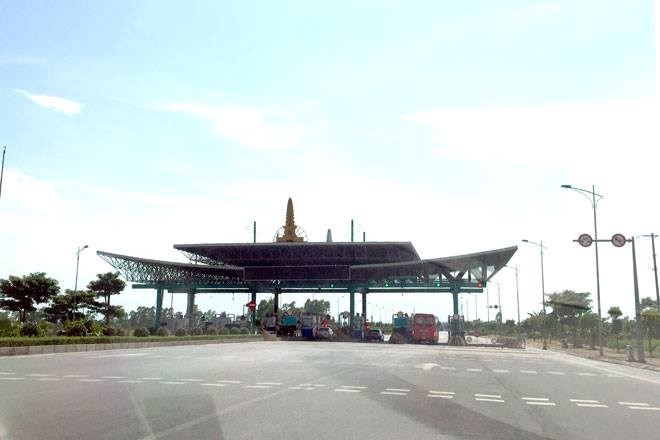 Economy
Economy

Investor flight from build-operate-transfer (BOT) traffic projects is triggering worries that the Government must rethink how to promote private investments in BOT infrastructure projects, experts said.
 |
| Investor flight from build-operate-transfer (BOT) traffic projects is triggering worries that the Government must rethink how to promote private investments in BOT infrastructure projects, experts said. — Photo infonet.vn |
HÀ NỘI – Investor flight from build-operate-transfer (BOT) traffic projects is triggering worries that the Government must rethink how to promote private investments in BOT infrastructure projects, experts said.
Most recently, infrastructure developer Tasco decided to stop investing in BOT projects after 10 years.
Trần Thị Thanh Tâm, a member of Tasco’s Management Board, said at a meeting late last week in HCM City that returns on BOT projects stand at around 11.5 per cent annually, a small payback for investments of such a large size and long duration.
Tasco says it sees better investment channels elsewhere.
Traffic projects under BOT practice--one type of Public-Private Partnership (PPP) to deal with infrastructure development capital shortages caused by State budget limitations--had been attractive to private investments in the past few years, but they are now losing their appeal. Several investors are facing financial difficulties with their BOT traffic projects.
Trần Ngọc Lê, from Yên Khánh Service, Trading and Production Company, an investor in Hạc Trì Bridge in Phú Thọ Province, was quoted by Lao Động (Labour) newspaper that the current revenue from operating the project is not enough even to pay banking interests.
It collected around VNĐ5 billion (US$219,000) of fees per month, while the amount for paying banking interests was two times higher. This was because many drivers choose to run on the old road to avoid paying fees, she said.
Lê added that the paypack period was initially estimated at 17 years but now it could be up to 50 years.
According to economic expert Ngô Trí Long, a major reason for investors withdrawing out of BOT projects was struggle in capital, as banks are tightening lending to BOT projects.
Experts say the management towards investments in BOT projects is being tightened, thus, profits will not be as high as previously expected. “That’s why both banks and investors might see that BOT projects are no longer a fertile land to pour investments in,” said Bùi Danh Liên, President of the Hà Nội Transport Association.
Nguyễn Danh Huy, head of the management board for PPP projects under the Ministry of Transport, said that there are problems in the legal framework and operation mechanism of BOT projects.
Huy said that while domestic investment capacity is limited, attracting foreign investments in BOT projects is not easy, as foreign investors often require high profits from 17 per cent to 19 per cent together with a number of guaranteed terms.
Huy said the ministry had proposed a new mechanism on BOT to the Government to promote investments in traffic infrastructure projects.
Statistics show that the ministry raised VNĐ186.7 trillion to invest in 62 projects under BOT and build – transfer practices from 2011-2015. — VNS